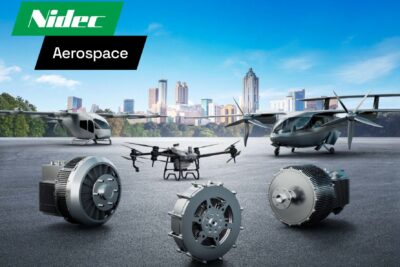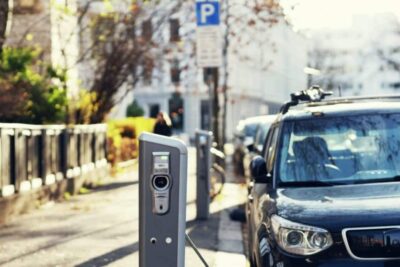Hanoi to ban ICE motorcycles in the city centre
The plan will not stop there, however, and a second phase has been announced. Starting from 2028, the ban on combustion-powered two-wheelers will be gradually extended to other areas of the city and extended to combustion-powered cars.
A roadmap for a Low Emission Zone (LEZ) plan is to be drafted and published by the third quarter of this year, with plans to “pilot an LEZ where polluting vehicles are restricted from entering.” Another target is also set for 2030, when the LEZ is to be expanded to Ring Road 3, expanding the zone to cover the Greater Hanoi area.
It is not only motorcycles that the measure is aiming to clean up, however, as Vietnamnet Global writes, local budgets will be allocated, and the plan is to further “aggressively mobilize social investment to expand a multi-modal public transportation network connecting key areas. This includes supporting clean-energy transportation such as electric buses and urban rail.”
Financial incentives are also to be introduced for EV manufacturers and charging infrastructure operators and suppliers. “Policies to encourage individuals to switch from fossil fuel vehicles to clean-energy options or public transport must be issued before September 30, 2025,”Vietnamnet Global specified. Last year in August, Vietnam’s government had also considered issuing subsidies to promote electric vehicle take-up.
Specifically, Hanoi is preparing to launch a major subsidy programme to help residents replace around 450,000 petrol-powered motorbikes with electric vehicles before the ban comes into force in July 2026.
Furthermore, next to the consumer subsidies, Hanoi has announced investments in green transport infrastructure. To cater to public transport, the city plans to expand its fleet of small electric buses and four-seater EV shuttles for downtown services, as well as adding more public charging stations.
Another Vietnamese city, Ho-Chi-Minh City, had also started electrifying its resident motorcycle fleets through regulatory reform and public-private cooperation just last month. The initiative there focuses on app-based transport and delivery platforms such as Grab, Be, ShopeeFood, and Ahamove, which rely heavily on motorbikes to move people and goods.





0 Comments